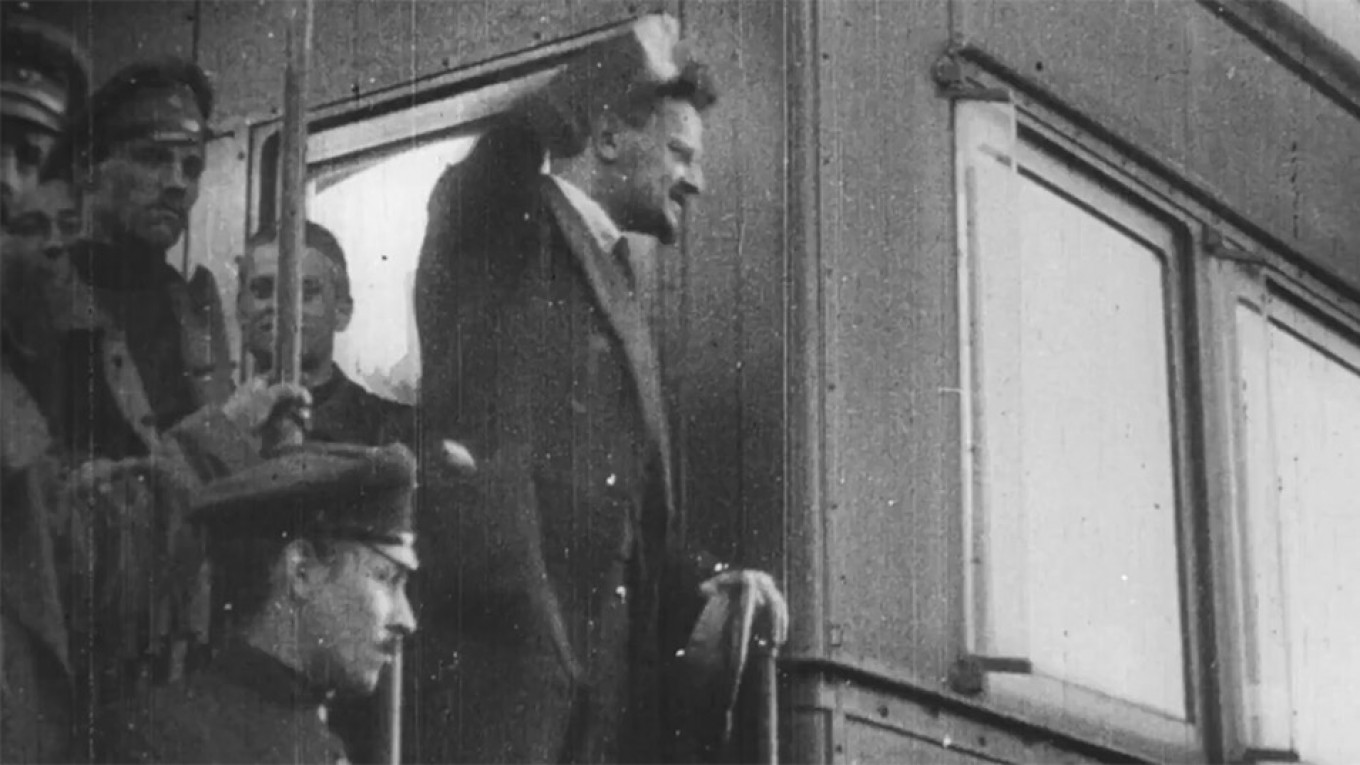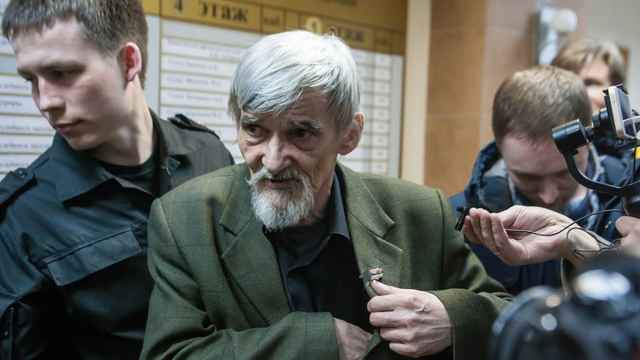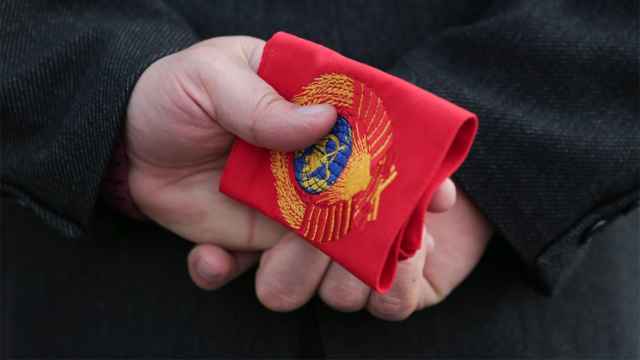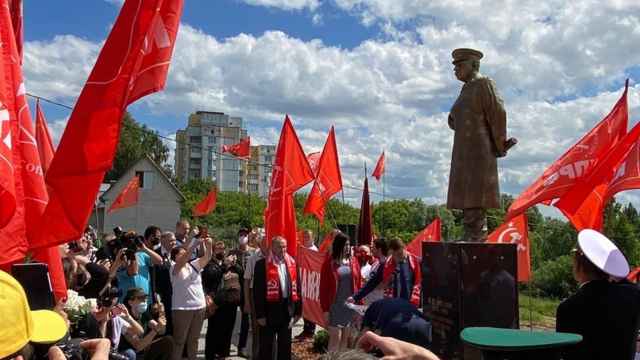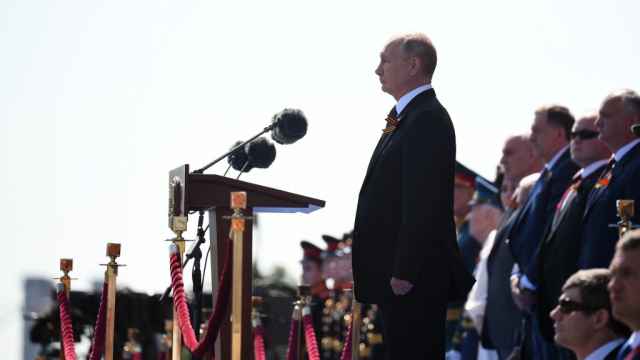On Sept. 6, 100 years after its first premiere, Dziga Vertov’s first film, “Anniversary of the Revolution,” had its second Moscow premiere at the Oktyabr Theater. The film had been thought to be lost, but film historian Nikolai Izvolov found it in pieces in the state film archives and painstakingly restored it and put it back together.
The film, called the first full-length documentary film ever made, covers the period from the February Revolution through the start of the Civil War and ends with a vignette of life on an early collective farm. Vertov did not do any of the filming himself. The 22-year-old filmmaker gathered footage shot by other cinematographers and compiled the two-hour film in a little over a week using 20 film editors.
When “Anniversary of the Revolution” was completed in October 1918, 30 copies were made and sent all over the country. By then, the Civil War had begun, newspapers and magazines were not being printed, and the population knew little about what was happening in the country beyond their town or region.
“Anniversary of the Revolution” was probably shown in public squares, most likely without any musical accompaniment. One section, “The Brain of Soviet Russia,” showed Vladimir Lenin, Vladimir Bonch-Bruyevich and other ministers standing in the sun in the Kremlin for several minutes before entering a building. Izvolov said this was apparently people’s favorite part of the movie when it was shown in 1918, since they were finally able to see the men leading the new Soviet government.
The film was quickly eclipsed by other documentary and propaganda films and then deliberately forgotten due to one of its main protagonists, Leon Trotsky, who is shown in Moscow and during his successful campaign to reclaim Kazan during the Civil War. By the end of the 1920s Trotsky had broken with the Soviet leadership, been expelled from the party, exiled from the country and become persona non grata. For that reason, the film was no longer shown in public and its card was pulled from the archive catalog. Later in life, Vertov spoke little about the film, except to call it his “graduation exam.”
Several years ago, one of Izvolov’s colleagues found what appeared to be a complete list of title cards for the film on a poster in the archives of poet Vladimir Mayakovsky, with whom Vertov had worked. Based on those notations, Izvolov was able to string together the parts of the film, although he estimates that about 2% of it was lost.
The Moscow screening of the film, accompanied by pianist Filipp Cheltsov, was nearly standing room only. If somewhat disappointing from a filmic point of view — the film is rather static, with almost nothing to indicate Vertov’s later extraordinary innovation — the premiere was active politically, with some viewers applauding the appearance of each Soviet leader while other viewers shouted “Death to the Communists!” and “Shame!”
The film will be shown in movie theaters starting Sept. 12.
A Message from The Moscow Times:
Dear readers,
We are facing unprecedented challenges. Russia's Prosecutor General's Office has designated The Moscow Times as an "undesirable" organization, criminalizing our work and putting our staff at risk of prosecution. This follows our earlier unjust labeling as a "foreign agent."
These actions are direct attempts to silence independent journalism in Russia. The authorities claim our work "discredits the decisions of the Russian leadership." We see things differently: we strive to provide accurate, unbiased reporting on Russia.
We, the journalists of The Moscow Times, refuse to be silenced. But to continue our work, we need your help.
Your support, no matter how small, makes a world of difference. If you can, please support us monthly starting from just $2. It's quick to set up, and every contribution makes a significant impact.
By supporting The Moscow Times, you're defending open, independent journalism in the face of repression. Thank you for standing with us.
Remind me later.



